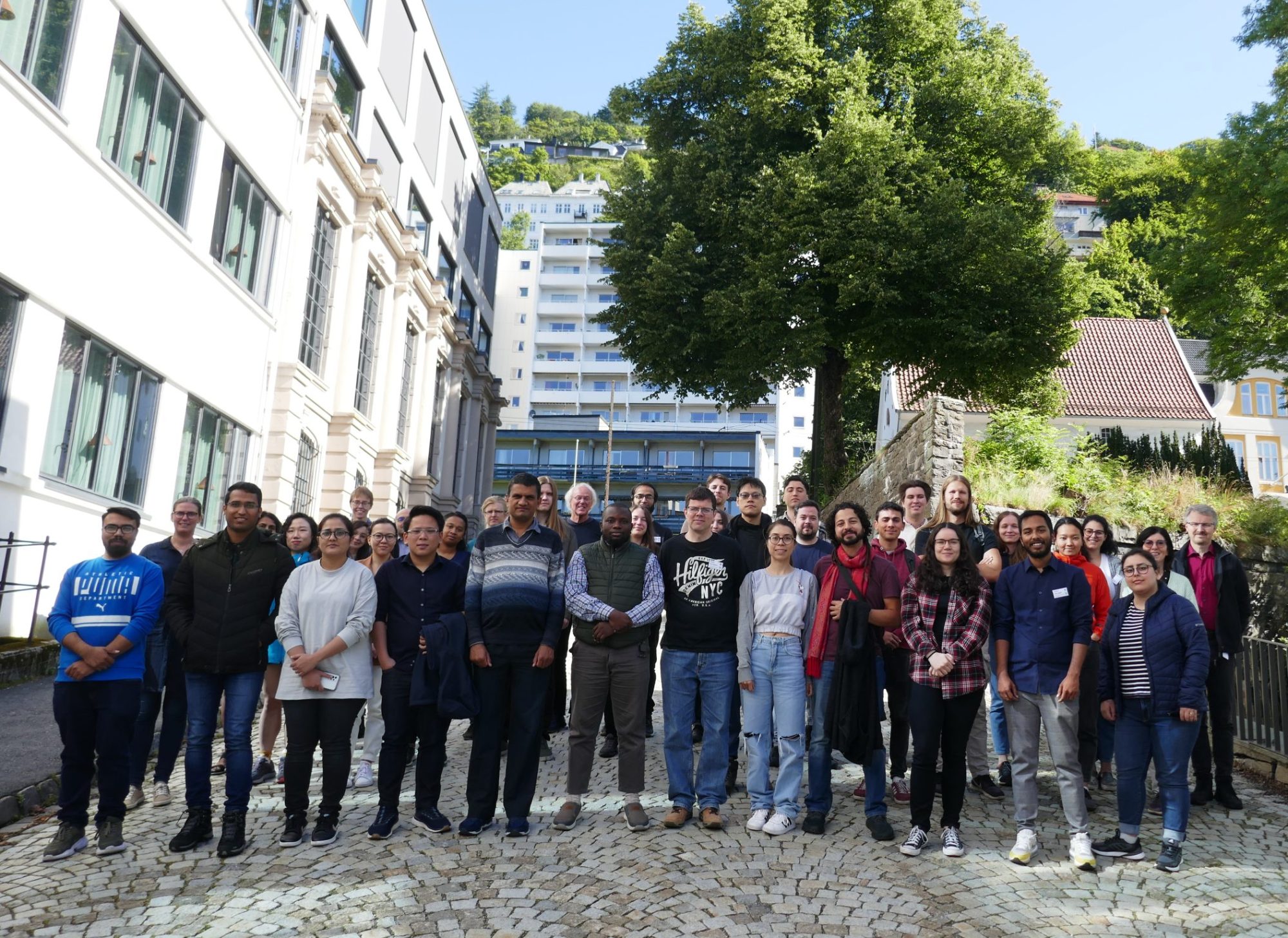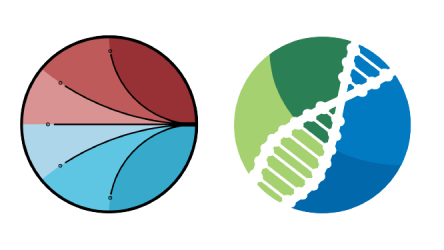Cagatay Turkay is a Professor at the Centre for Interdisciplinary Methodologies at the University of Warwick, UK and a Turing Fellow at the Alan Turing Institute, London, UK. His research investigates the interactions between data, algorithms and people, and explores the role of interactive visualization and other interaction mediums such as natural language at this intersection. He designs techniques and algorithms that are sensitive to their users in various decision-making scenarios involving primarily high-dimensional and spatio-temporal phenomena, and develops methods to study how people and society work interactively with data and computed artefacts.
Title: Doing Visual Data Science — Foundations, Techniques and Practice
Abstract: In this part of the summer school, we will be opening up the concept of visual data science as an analytical methodology, as a way of thinking, and a way of doing data science. Data visualizations — including those that are interactive — offer effective, rich, robust and critical ways of making inferences from data, working with statistical and machine learning models, as well as providing a bridge from analysis to dissemination and reproducibility. This course will explore the theoretical foundations of visual data science and discuss visual thinking and interactive visualization methods and techniques that underpin the visual data science process. We will explore these topics through reflective activities and examples where visual data science approaches have been adopted. The applied part of the course will explore the practice of visual data science through coding a number of techniques using Python libraries, and a range of hands-on activities will develop critical thinking skills in designing effective visual data science processes. The students will leave the course with the foundational understanding of what visual data science is and how it can enhance and transform our approach to working with data and models, as well as practical skills to apply a range of visual data science techniques in their data-intensive, analytical explorations.

